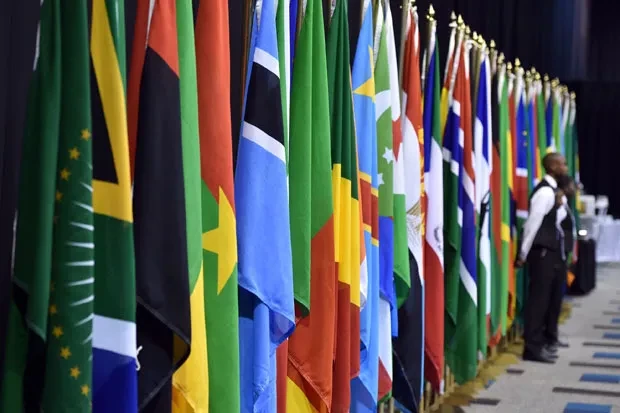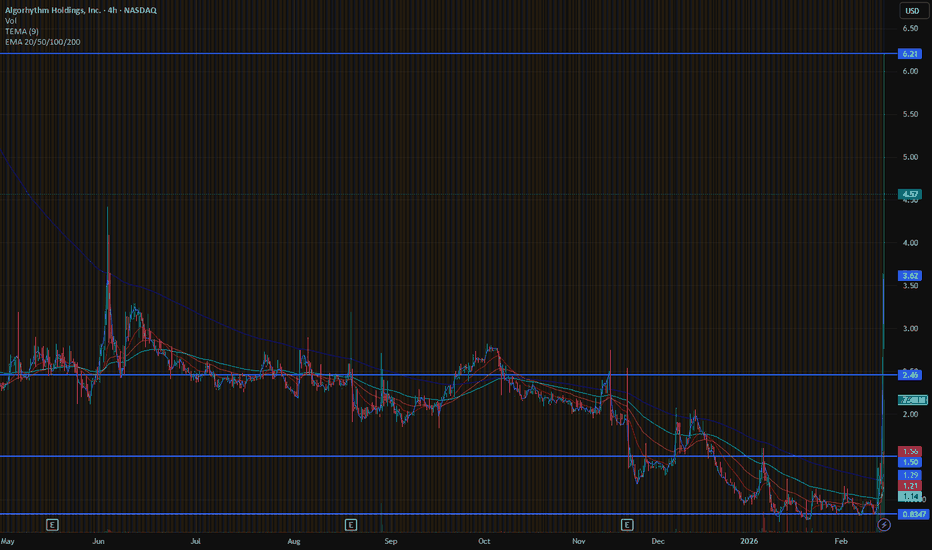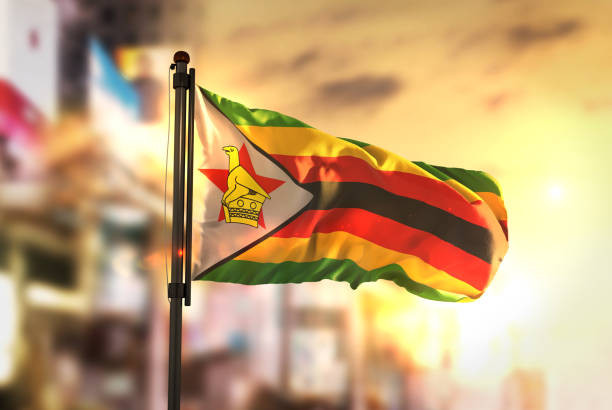
Africa is a continent abundant in resources and cultural variety, yet it continues to struggle with governance systems that frequently impede business and economic progress.
Despite multiple reform efforts and international assistance aimed at promoting democratic practices and efficient governance, many countries remain entrenched in ineffective systems that fail to achieve sustainable growth.
This article delves into the origins of these governance frameworks, their impact on business climates, and why Africa appears trapped in a repetitive cycle concerning governmental structures.
Governance systems are the mechanisms through which authority is exercised and managed within societies.
These systems include the institutions, processes, and rules that determine the distribution of power and decision-making.
At the core of the problem is the reality that numerous African nations inherited colonial legacies that have profoundly influenced their political and economic frameworks.
As AdamaKone, a noted political analyst, aptly observes, “Many African countries are still operating under colonial legacies, which have fundamentally shaped their political and economic systems.” This legacy has resulted in arbitrary borders, ineffective institutions, and a lack of transparency, which in turn have created an environment that stifles innovation, economic growth, and investment.
The intersection of systems theory and business is particularly critical when analysing governance in Africa.
- Open letter to President Mnangagwa
- Feature: ‘It’s worse right now than under Mugabe’: Sikhala pays the price of opposition in solitary cell
- Masvingo turns down fire tender deal
- Human-wildlife conflict drive African wild dogs to extinction
Keep Reading
Systems theory provides a framework to understand the relationships and interactions among various components of a system.
In governance, it highlights the intricate nature of political institutions and their effect on business environments.
In many African nations, systemic challenges like corruption, opacity, and inefficient bureaucracies create conditions that inhibit entrepreneurship and investment.
Compared to other continents, Africa's governance often presents unique challenges that deeply impact business environments.
While corruption, opacity, and inefficient bureaucracies can be found globally, their systemic nature in many African nations presents a significant hurdle.
In contrast to some regions in Europe or North America where established systems of checks and balances provide greater regulatory certainty, or parts of Asia where strong state-led development fosters predictable investment climates, many African nations grapple with weaker institutions and rule of law.
This systemic weakness can lead to higher transaction costs for businesses, increased risk aversion among investors, and a less level playing field for entrepreneurs. While Latin America also experiences governance-related challenges, the specific dynamics of ethnic diversity, historical colonial legacies, and resource dependence in Africa often create a different set of complexities that necessitate tailored approaches based on systems thinking.
Unlike the Asian Tigers, which benefited from strong, interventionist states that fostered export-oriented growth and attracted foreign investment through predictable regulatory environments,many African nations struggle with weaker institutions, systemic corruption, and less effective bureaucracies.
Similarly, compared to the progress made in Eastern European countries post-communism, where reforms focused on strengthening rule of law, reducing corruption, and integrating into the global market, African nations often face persistent governance deficits that hinder business development
For example, a recent report by the African Development Bank reveals that over 60% of businesses in sub-Saharan Africa view corruption as a major barrier to their operations. "Corruption undermines legitimate business practices and creates an uneven playing field," says Maria Ndlovu, a business consultant based in Johannesburg. "Without effective governance, businesses struggle to thrive, and the economy as a whole suffers."
Considering these challenges, one might wonder why African countries do not simply reform their governance systems.
The answer is complex. First, the entrenched interests of political elites often maintain the status quo.
In many nations, leaders have little incentive to implement meaningful reforms that could threaten their power.
As political scientist Solomon Ngoya notes, "There is a fear of losing power among those in authority.
Consequently, governance systems become tools for personal gain rather than mechanisms for public good."
Additionally, external factors complicate the situation. Foreign investments and aid frequently come with conditions that may not align with local needs.
This leads to governance structures designed more to meet international expectations than to tackle domestic issues. "Western models of governance do not always fit African contexts," explains Amina Juma, an expert in political economy.
"There needs to be a focus on local solutions that resonate with the unique cultural and social dynamics of the continent."
One cannot help but feel a sense of frustration and disappointment.
Despite being rich in both resources and cultural diversity, Africa continues to grapple with ineffective governance structures that hamper economic progress and development. Zimbabwe, in particular, provides a compelling case study of the challenges and opportunities in trying to address these systems.
In Zimbabwe, a destructive epidemic continues to impair its potential—corruption.
This widespread problem is estimated to siphon off as much as 20% of the nation’s GDP, costing the economy over US$2 billion annually.
As political elites engage in the plundering of public resources, millions of Zimbabweans face poverty and unemployment, starkly illustrating the disconnect between the ruling class and the general populace.
For decades, Zimbabwe's economy has been systematically dismantled, not by external forces, but by systemic systems that prioritized personal gain over public service.
Corruption is not merely a financial issue; it erodes public trust and devastates lives.
The 2024 Corruption Perception Index (CPI), released this year, starkly indicates Zimbabwe's declining fight against corruption.
With a score of 21 out of 100—down from 24 in 2023—Zimbabwe now performs below the sub-Saharan average CPI of 33 and the global average of 43.
The consequences of corruption extend beyond financial losses; they affect the very fabric of society.
A recent report from the International Transparency Coalition stated, “Corruption is not just an economic burden; it steals our children’s future.” Zimbabwe’s Anti-Corruption Commission has faced widespread criticism for being ineffective, with many citizens believing it is complicit in the corruption it purports to combat.
"When the watchdog is asleep, the thieves run riot," many across the nation echo, highlighting the urgent need for systemic reforms that go beyond mere rhetoric.
Despite these challenges, there are glimpses of hope. In Zimbabwe, for instance, emerging movements advocating for transparent governance, citizen engagement, and accountability are gaining traction.
The rise of technology and social media is also facilitating greater civic engagement and enabling citizens to hold their leaders accountable.
Looking to the future, it's evident that Africa stands at a crossroads. Will Zimbabwe and other African countries choose to break the cycle of failure and adopt innovative governance models that empower their people and encourage sustainable business practices?
The answer to this question will shape the continent's future, and the world will be watching closely.
Ultimately, the governance dilemma in Africa, particularly in Zimbabwe, is a complex and deeply rooted issue.
However, by acknowledging the historical legacies, entrenched interests, and external factors that have led to this situation, we can start to build a more nuanced understanding of the challenges and opportunities ahead.
As we progress, it's crucial to prioritize dialogue, engagement, and local solutions that align with the unique cultural and social dynamics of the continent.
Only then can we hope to forge a brighter future for Africa, characterized by effective governance, sustainable economic growth, and a flourishing business environment.
*Nyawo is a development practitioner, writer and public speaker
These weekly articles published are coordinated by LovemoreKadenge, an independent consultant, managing consultant of Zawale Consultants (Private) Limited, past president of the Zimbabwe Economics Society and past president of the Chartered Governance & Accountancy Institute in Zimbabwe . Email- kadenge.zes@gmail or Mobile No. +263 772 382 852











